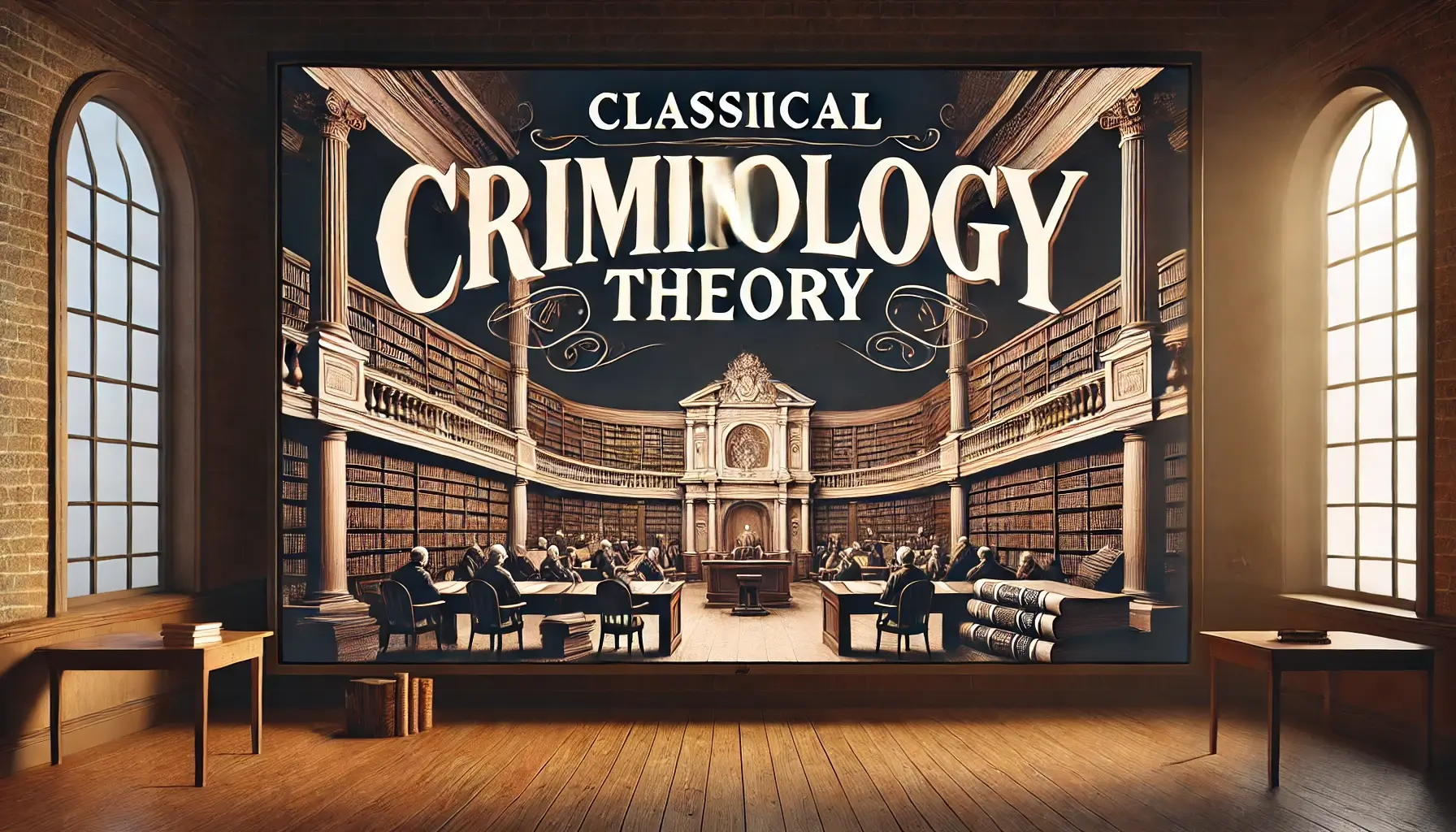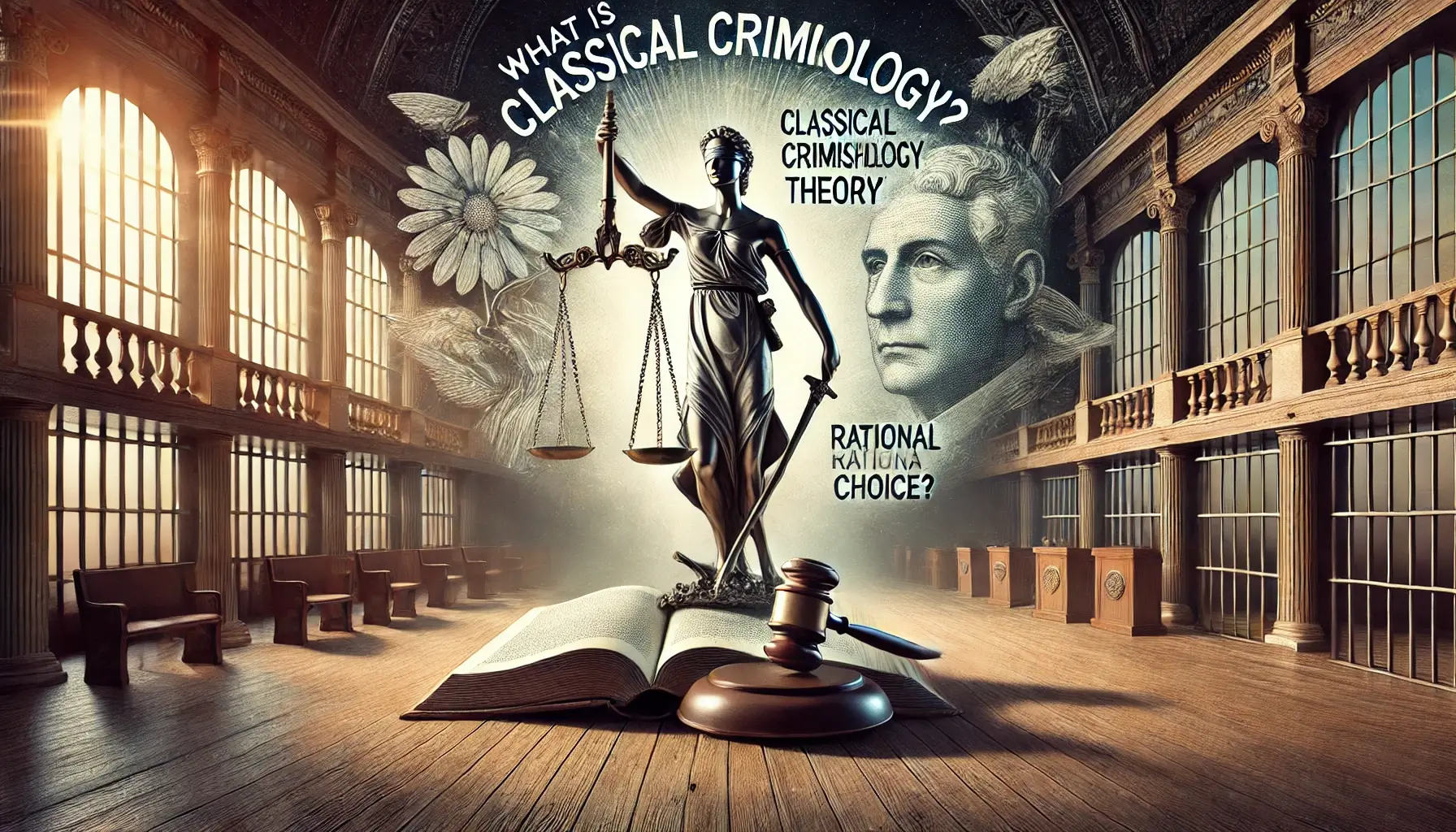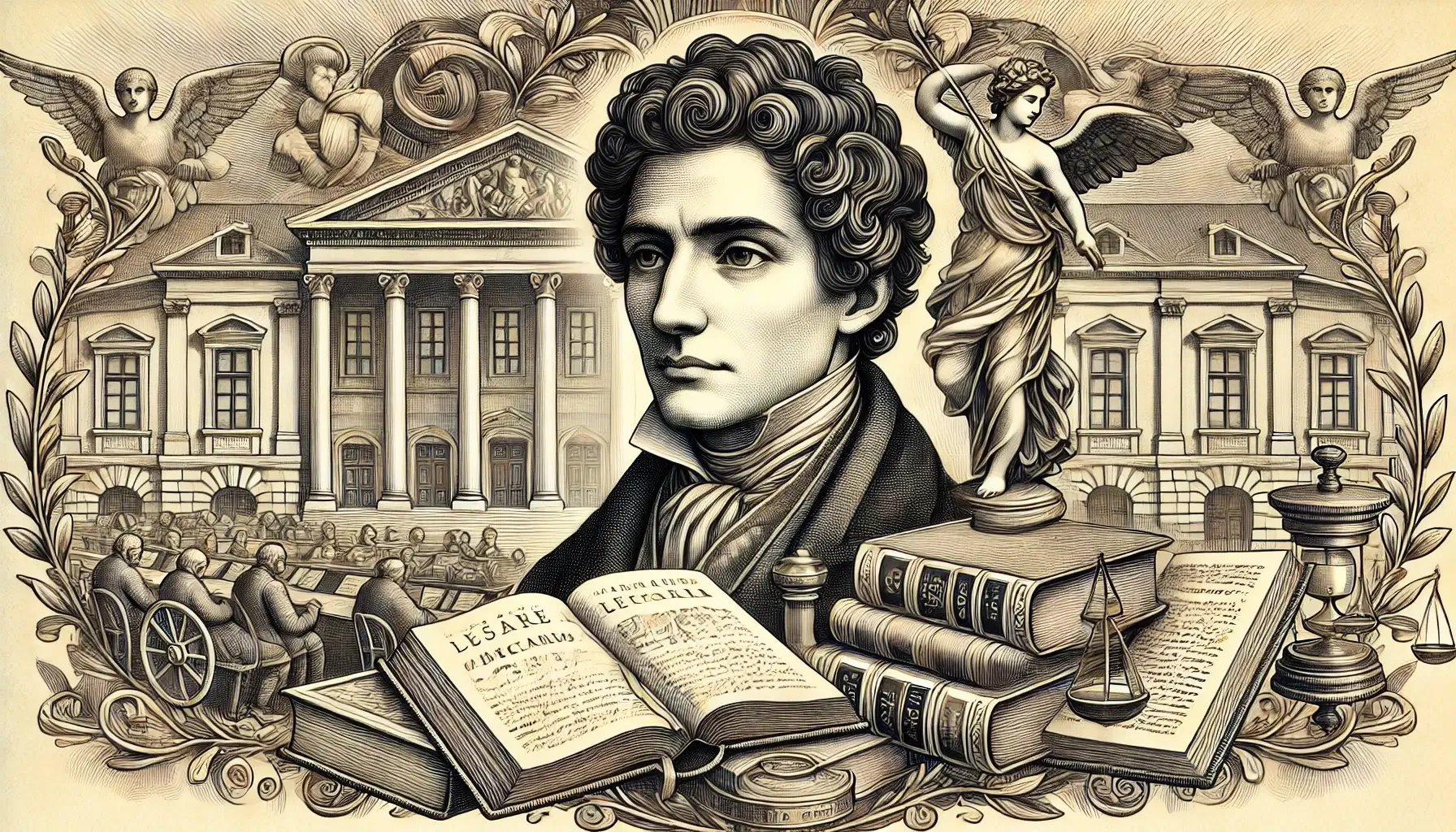Classical Criminology Theory: Origins, Principles, and Impact
Introduction to Classical Criminology Theory Crime has been a central issue for societies throughout history, leading to the development of various theories to understand and control it. One of the most influential criminological perspectives is Classical Criminology Theory, which emerged in the 18th century Enlightenment Era as a response to the arbitrary and often brutal … Read more



